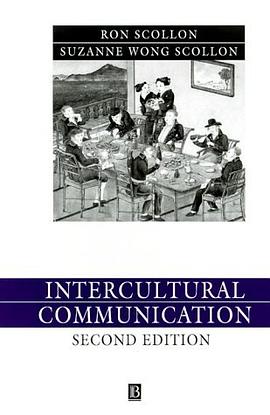

How language shapes and is shaped by identity is a key topic within sociolinguistics. An individuals identity is constituted through a variety of different factors, including the social, cultural and ethnic contexts, and issues such as bi- or multilingualism. In this introduction to Language, Culture and Identity Philip Riley looks at these issues against the theoretical background of the sociology of knowledge, and ethnolinguistics. He asks; how do we learn who we are, and what are the mechanisms that teach us this? Through an analysis of the importance of culture and interpersonal communication, Riley shows how social identities are negotiated. The second half of the book looks at issues of ethnicity and bilingualism, and the importance of a series of oppositions to others. The idea of the foreigner is central to this account, yet traditional views of the role of being socially other largely neglect the role of language. Riley bridges this gap by examining specific and problematic aspects of multilingual identities. The book concludes by looking at some of the ways in which identities are being reconfigured, with particular reference to the notions of ethos and the communicative virtues. This engaging analysis of language and social identity will be essential reading for students of sociolinguistics at undergraduate and postgraduate levels.
具体描述
读后感
评分
评分
评分
评分
用户评价
相关图书
本站所有内容均为互联网搜索引擎提供的公开搜索信息,本站不存储任何数据与内容,任何内容与数据均与本站无关,如有需要请联系相关搜索引擎包括但不限于百度,google,bing,sogou 等
© 2025 book.wenda123.org All Rights Reserved. 图书目录大全 版权所有




















